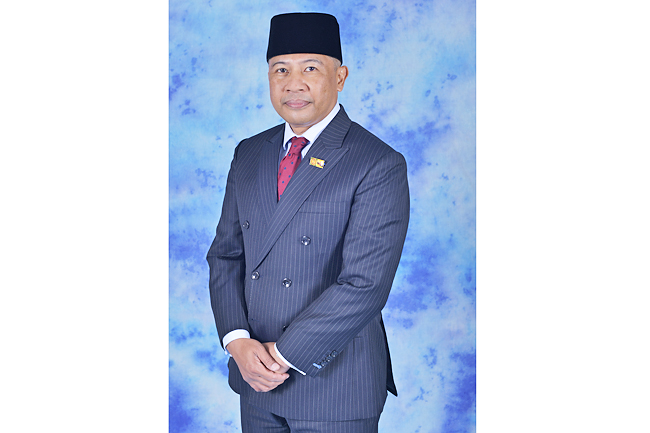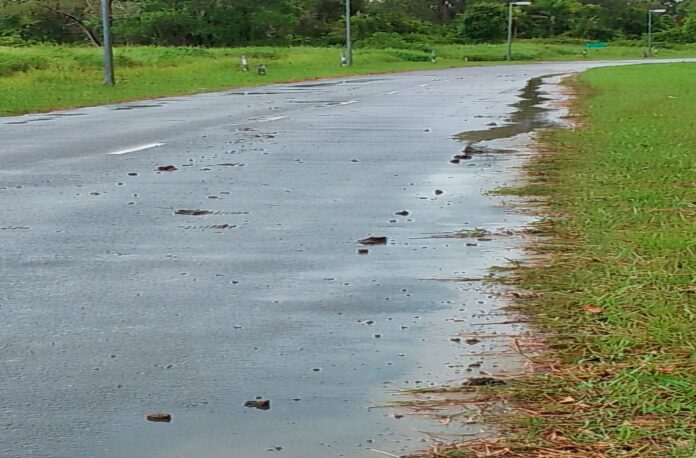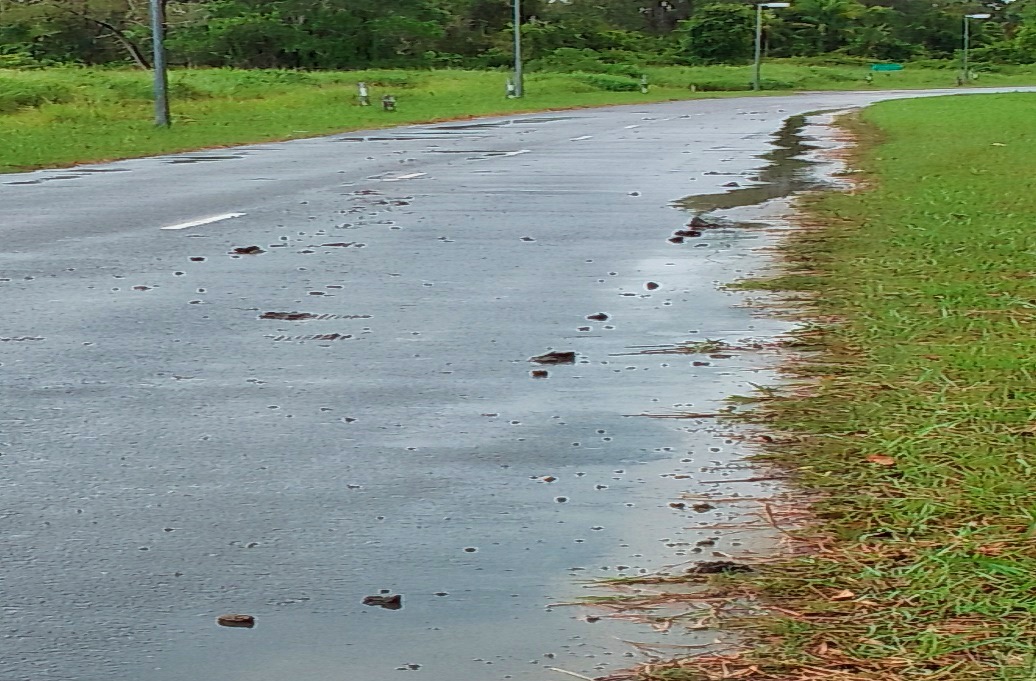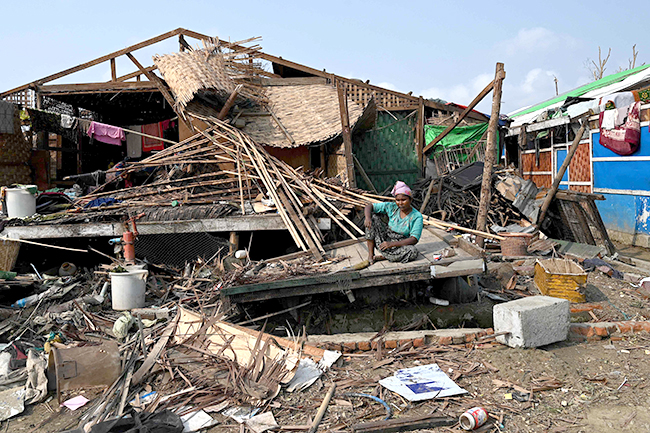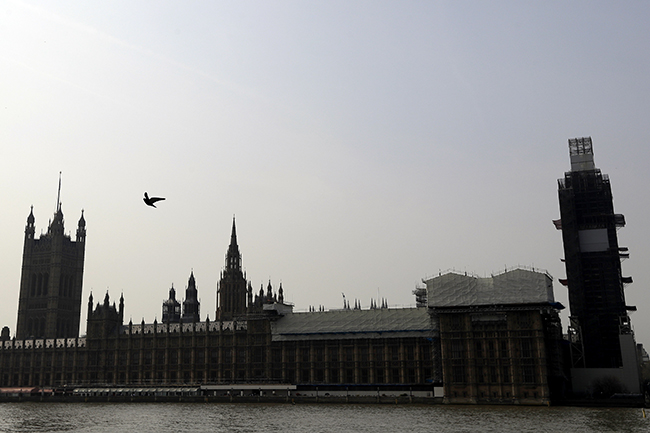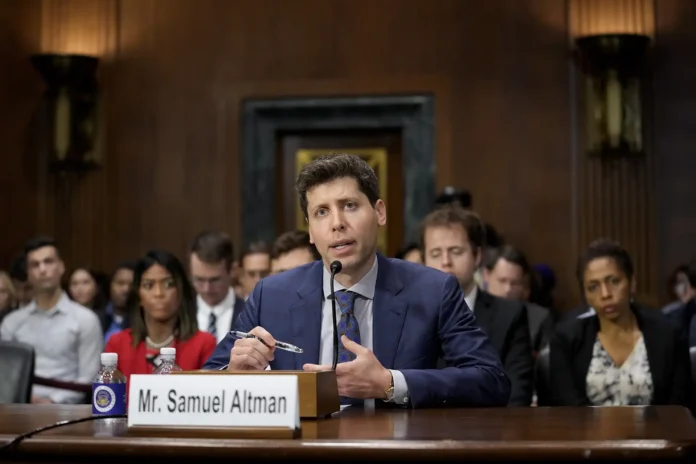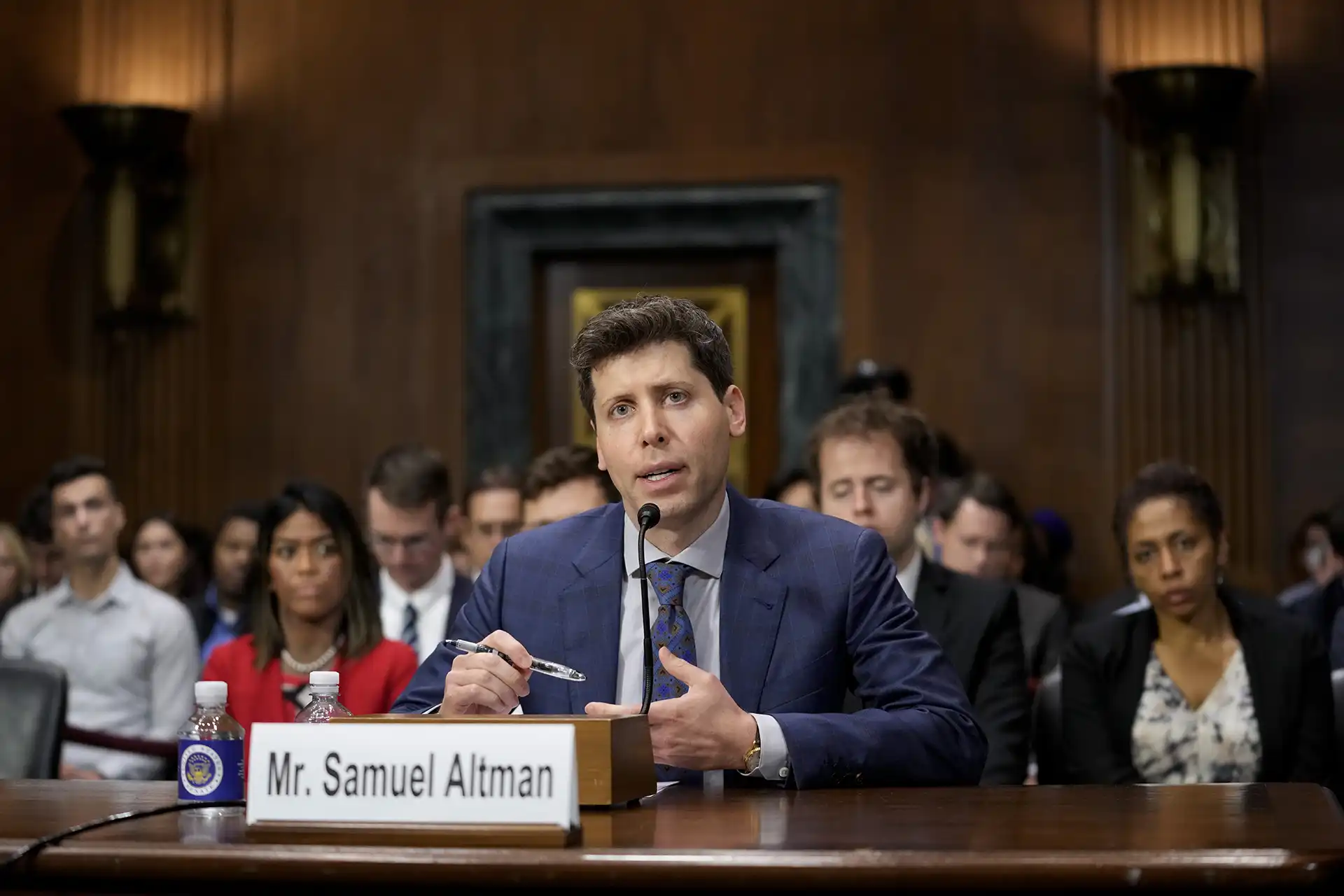SINGAPORE (CNA) – More children are coming down with adenovirus infections, presenting with flu symptoms and often conjunctivitis and high fever, doctors said.
Adenovirus is a common virus that can cause a wide range of illnesses from respiratory to acute gastroenteritis. It is usually transmitted through close contact with an infected person or inhalation of respiratory droplets and aerosol in the air by coughing and sneezing.
While general practitioners do not typically conduct confirmatory tests for the virus due to the cost, Dr Penny Lo said one indication of adenovirus is a flu associated with conjunctivitis, also known as pink eye.
The senior family physician at Joy Family Clinic told CNA on Monday that she had seen an increase in such cases over the past month.
“I wouldn’t say it’s a significant increase but for the past three to four weeks, we’ve seen two or three more cases per week compared to usual,” she said.
Other symptoms of adenovirus include breathlessness, sore throat, diarrhoea, vomiting and nausea.
While most of her patients did not experience severe symptoms, one had to be referred to the hospital for a confirmatory test and treatment as the patient developed an upper respiratory tract infection, Dr Lo said.

Dr Jenny Tang, a senior consultant paediatrician at the Singapore Baby and Child Clinic (SBCC), also noted an increase in the severity of adenovirus cases in children.
“We are seeing adenoviral infections with more prolonged and high fevers associated with respiratory tract symptoms (such as) pharyngitis, acute laryngotracheitis and bronchitis,” she said.
Doctors attributed the increase in adenovirus cases to the “post-pandemic effect”. The adenovirus rise has been in line with a spike in other respiratory infections, they said.
“This is likely due to the relaxation of safe management measures with masks off, resumption of normal school, social activities, and global travel,” said Dr Tang.
Dr Karen Donceras Nadua with the KK Women’s and Children’s Hospital (KKH) added that it is not uncommon for children to catch infections such as adenovirus.
“Adenovirus, respiratory syncytial virus, parainfluenza and influenza are some of the common respiratory viruses which affected young children even in the pre-COVID-19 pandemic years,” said the consultant with KKH’s Infectious Disease Service.
“They were rarely seen during the pandemic, and children in 2020 and 2021 had less exposure to common respiratory viruses compared to children of similar age in the previous years,” she said, adding that this was due to enhanced hygiene practices and safe distancing measures during the pandemic.
“The lack of exposure, easing of safe management measures and resumption of travel has contributed to a rise in the number of children experiencing respiratory tract infections caused by common respiratory viruses.”
Responding to queries from CNA, Singapore’s Ministry of Health said a proportion of acute respiratory infection (ARI) cases at polyclinics is tested for a range of respiratory pathogens, including adenovirus, under its surveillance programme.
“Thus far in 2023, adenovirus has been detected in less than 10 per cent of all polyclinic ARI surveillance samples tested weekly,” said a ministry spokesperson, adding that this is comparable to pre-pandemic numbers.
While most cases are mild, serious infections can happen, especially in infants and people with weak immune systems.
In rare cases, adenovirus infection may cause pneumonia, hepatitis or meningoencephalitis, which affects the brain, said Dr Kelly Low, a consultant with KKH’s General Paediatrics Service.
Last year, adenovirus was identified as a probable cause of a worldwide acute hepatitis outbreak in children, which was linked to more than 1,000 probable cases and 22 deaths as of July 8, according to the World Health Organization. The origin of the outbreak remains unclear.
Health experts have also said previously that adenovirus is not typically known to cause hepatitis in healthy children.
Doctors told CNA that most adenovirus infections in children are mild and do not require specific treatment.
“Treatment is generally supportive and focused on managing symptoms while ensuring that the child gets enough rest and fluid intake,” said Dr Low.
To minimise the risk of catching adenoviral infections, SBCC’s Dr Tang said parents can teach their children to practise good hand hygiene and avoid close contact with people who are sick.
As adenoviruses are often resistant to common disinfectants and can remain infectious for long periods of time on surfaces and objects, she also advised against sharing cups and eating utensils with others as well as towels, bed linens, pyjamas or other personal items.
The Health Ministry encouraged those who are unwell to stay home, wear a mask when going out and to avoid social interaction.
